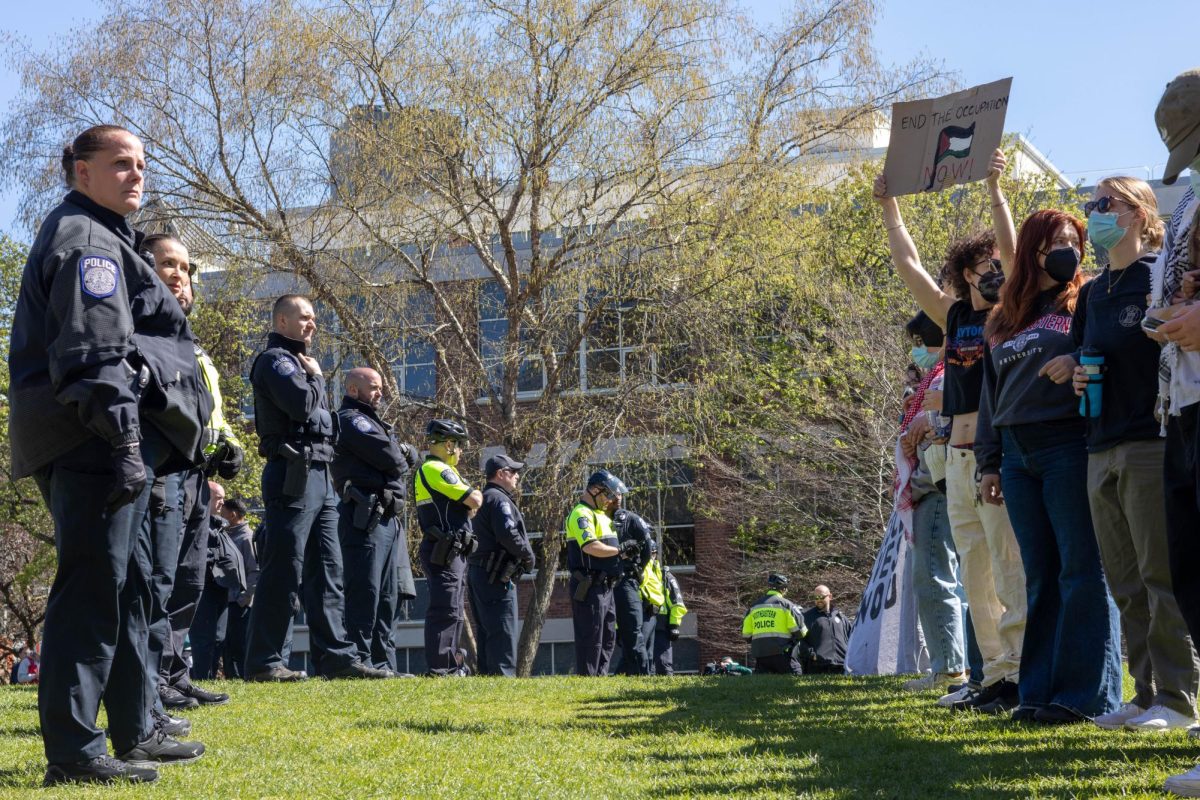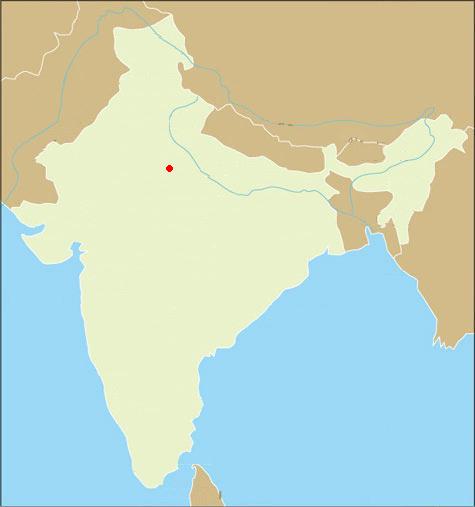By Jeewan Ambat, political columnist
The center-left Indian National Congress (INC), once the party that led toward India’s independence, is currently in its lowest level of political power and influence. The party that practiced the principle of Sarvodaya, the aim to lift all parts of society, now only wears it like a mask. The only problem: The mask has long since cracked, and the majority of India doesn’t buy the act.
The 2014 Indian general election was not only a triumphant victory for the right-wing Bharatiya Janata Party (BJP) and its National Democratic Alliance (NDA). It was also the worst defeat in the entire history of the INC—and the United Progressive Alliance (UPA)—with a loss of over 200 seats in the lower house of Parliament, the Lok Sabha, for the UPA. With current-Prime Minister Narendra Modi at its helm, the BJP ran a campaign promising to combat the rampant corruption in India’s government as well as significantly improve the economy by reducing India’s spending to lower its deficit. On the other side, however, laughable advertisements, political scandals and lack of a clear political message really did the INC in. Of course, it didn’t help that Modi himself was a charismatic figure and a great orator.
To understand the pitfalls of the INC in its current form, one need only first look at its leaders, specifically Rahul Gandhi, vice president of the party. A descendant of the Nehru-Gandhi lineage who came to political rise in 2004, he has been a major face of the INC. But it has been a face of disconnect and severely misguided political grandstanding. This is a man whose party claims to work for the poor and underrepresented of India, yet he famously proclaimed that “poverty is simply a state of mind” and can be easily overcome with confidence. Pretty hard to convince a nation where 75 percent of its people live on approximately ₹170 a day (or about $2.50).
Furthermore, the party seems to make its case in more absolutes, providing reasons not to vote for the opposition as opposed to why the people should vote for them. This can be seen just as recently as this week. Rahul Gandhi, in a speech ahead of the 2017 Punjab Legislative Assembly election, mentioned the Jan. 31 bomb blast in the Bathinda district of the state of Punjab. But astonishingly, he implicated the Aam Aadmi Party (AAP) in partial responsibility behind the incident. He stated that “it is sad that Delhi chief minister Arvind Kejriwal [of the AAP] is helping the [Hindu extremist] forces behind this blast. Such ideology will never do Punjab any good.” While his remarks parallel those of some BJP constituents (who blasted opposition for supporting Muslim extremists), here, Gandhi brings down the image and political message of the INC and focuses on boogeyman fearmongering to gain support as opposed to positive promotion of the INC’s ideals. And while most of this piece has been spent on Rahul Gandhi alone, these shortcomings apply to the INC and its constituents as a whole.
So two and a half years after its defeat, how does the INC regain its status as a true liberal party, a party that actually works for the people? The party must turn its attention toward the people of India. It must not simply travel to the rural areas for the flashy photo-ops and politically grandstanding speeches. It must follow these visits and words with action in government to economically help the middle and lower class and, very importantly, emphasize over and over how it is making progress to do so. While the policy is crucial, the importance of proper optics cannot be underemphasized. The INC would also benefit from dropping the fear baiting and exaggerated demonization of the opposition. It should focus on the promotion of its economic and social principles and prove to the Indian people how its leadership would in fact improve the economy and make it easier for the people to attain a better quality of life.
Currently, Prime Minister Modi enjoys a very high approval rating among the Indian people, and the BJP (and the NDA alliance) hold large swathes of political power in India’s government. Combined with people’s low trust in the INC, the party faces a steep climb that is bound to take many years. But a careful combination of legislative commitment and economy- and people-focused media presence can greatly help the INC to regain power in the government while also positively benefitting the Indian people. It is up to the INC’s leaders, Rahul included, to listen to the country’s people and take the proper initiative to transform.
Photo courtesy huneycuttaddison, Creative Commons














